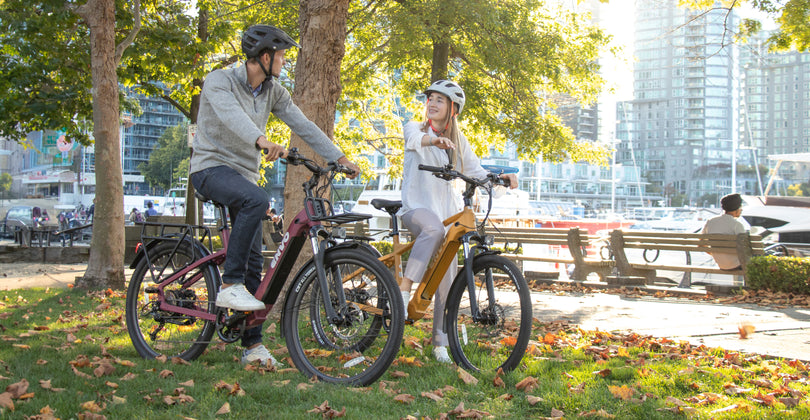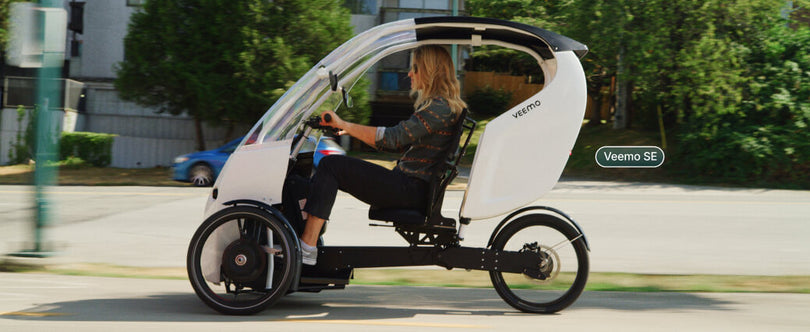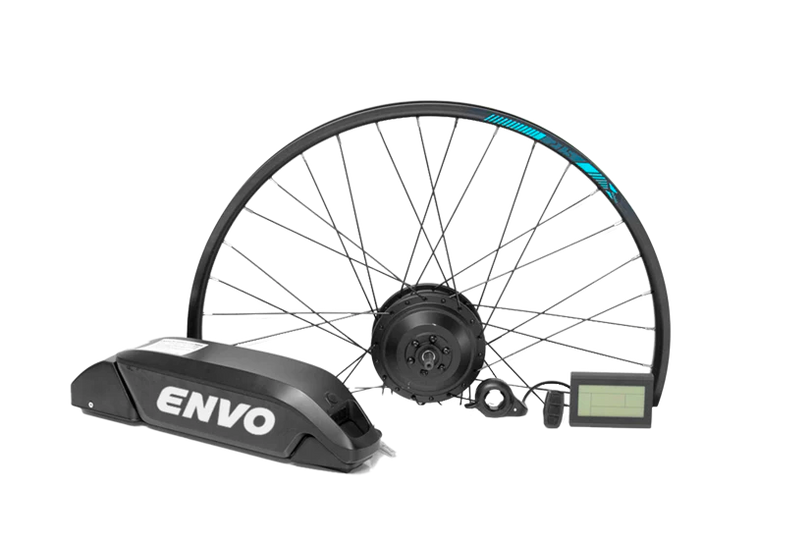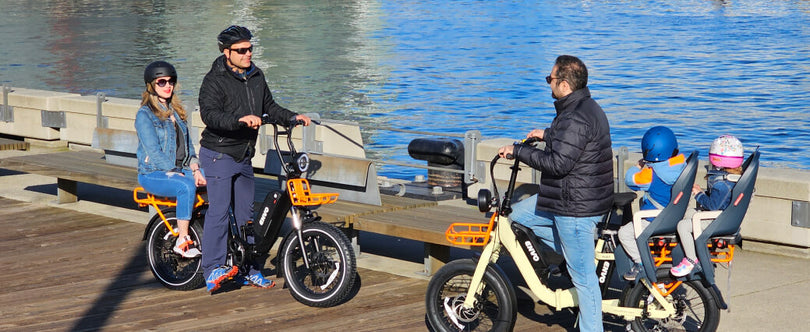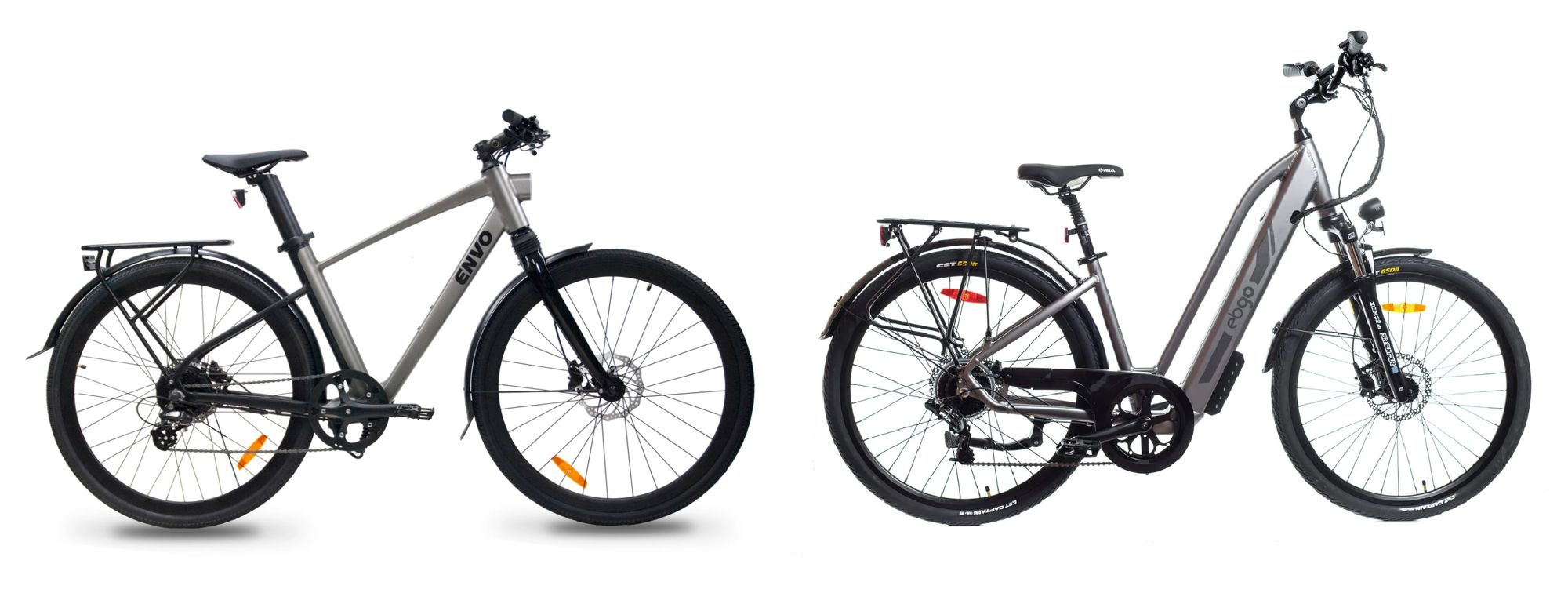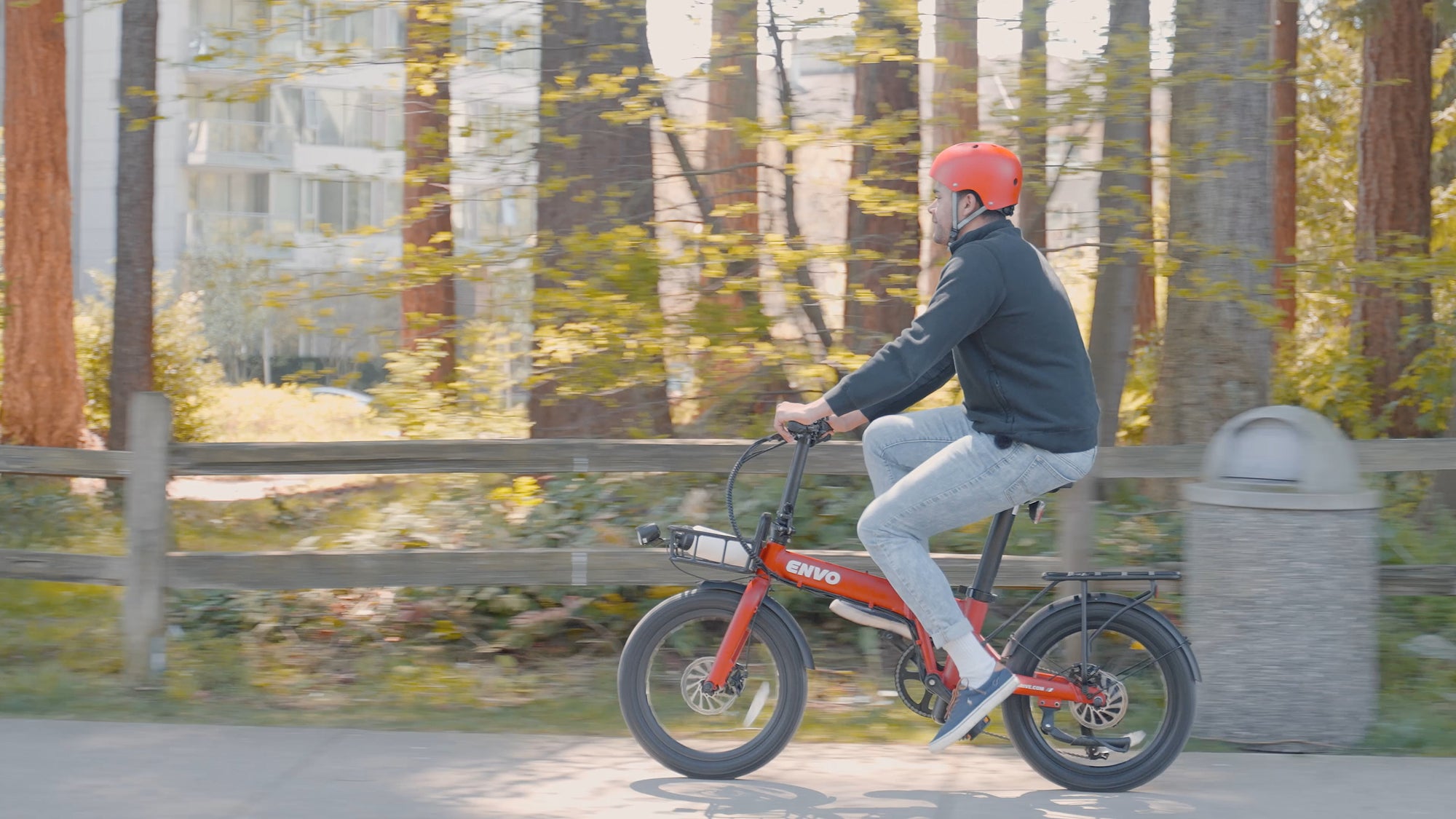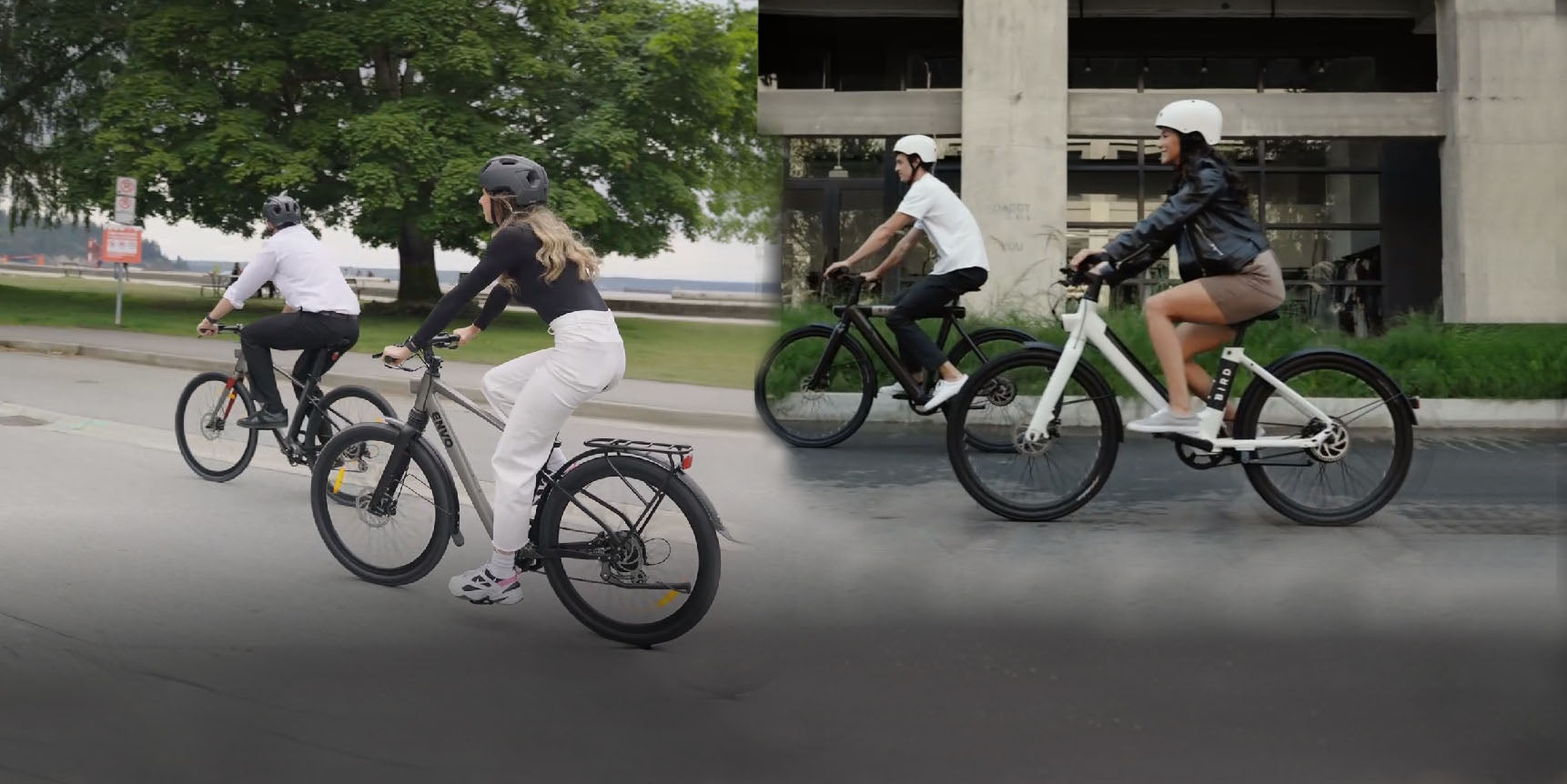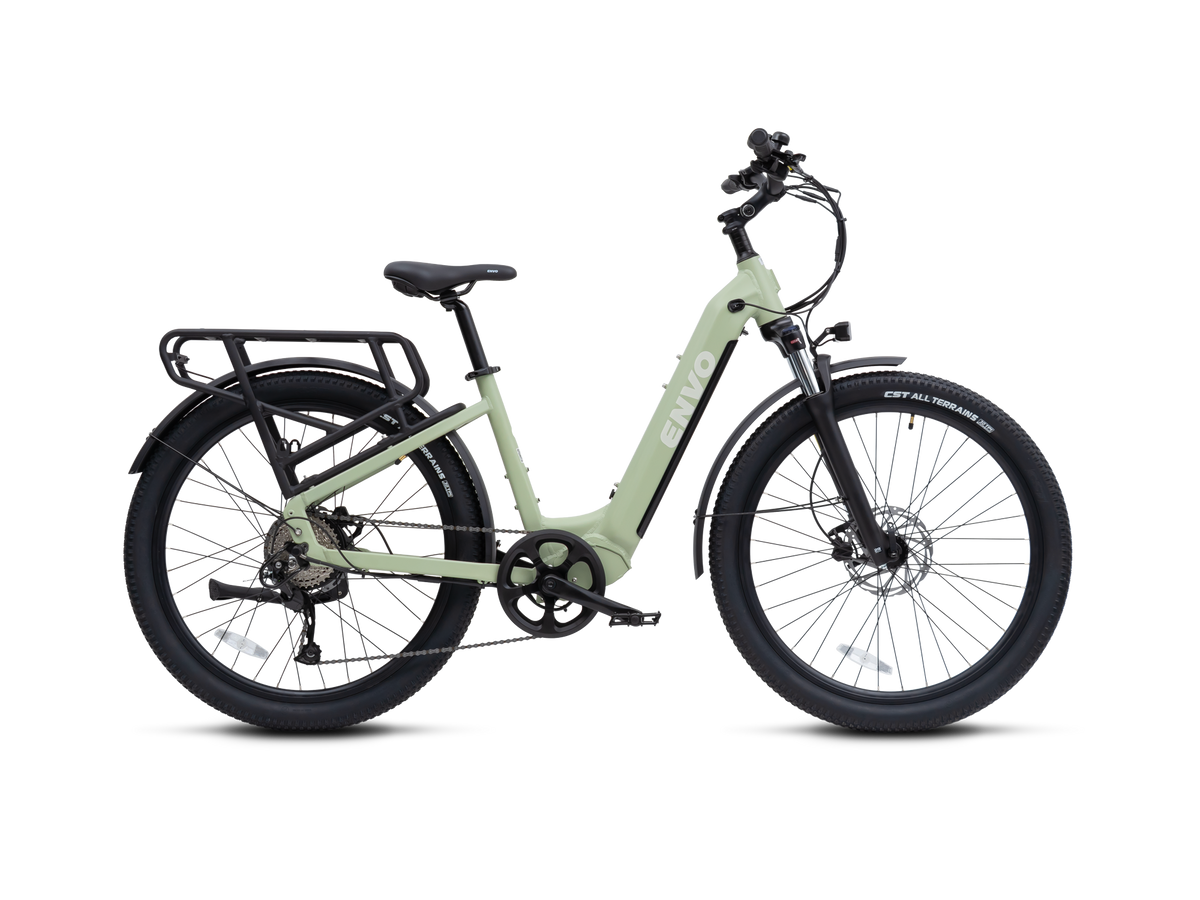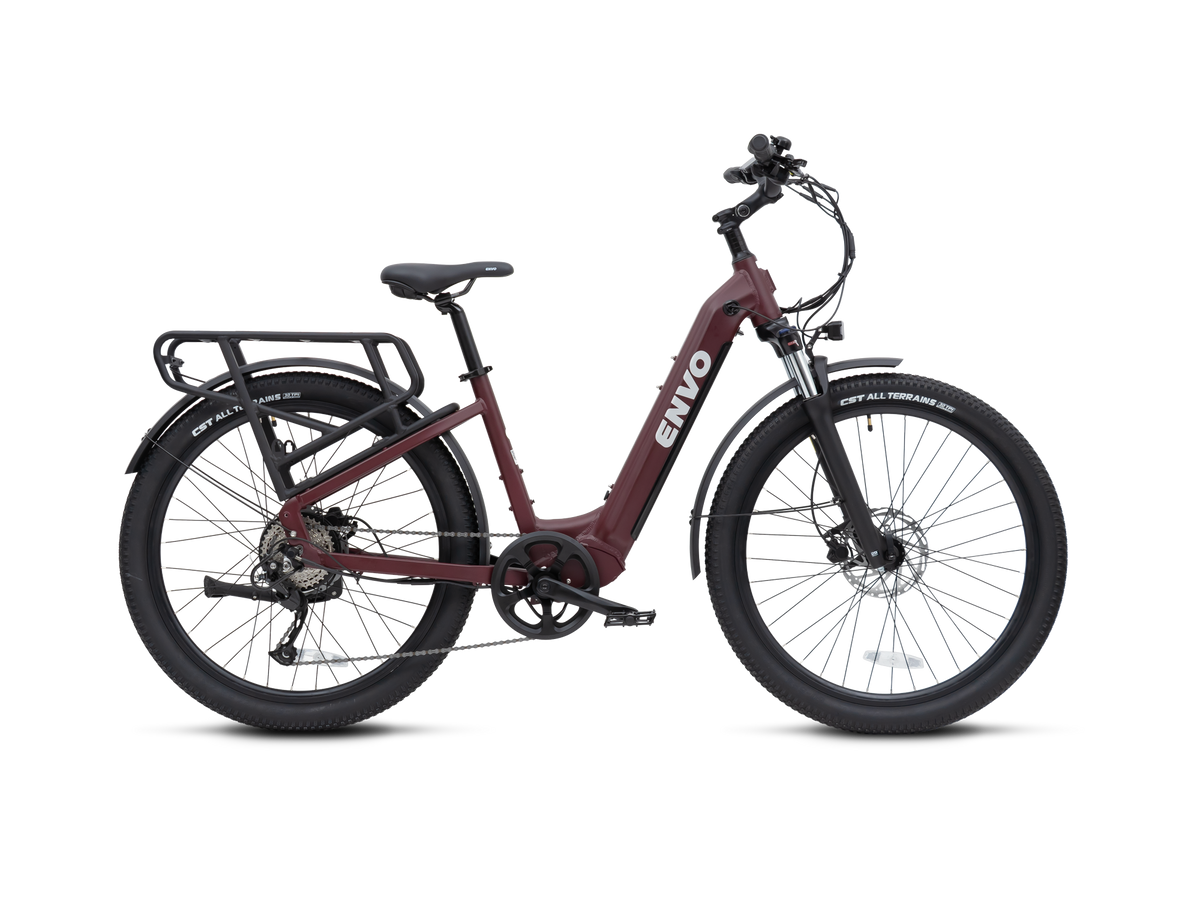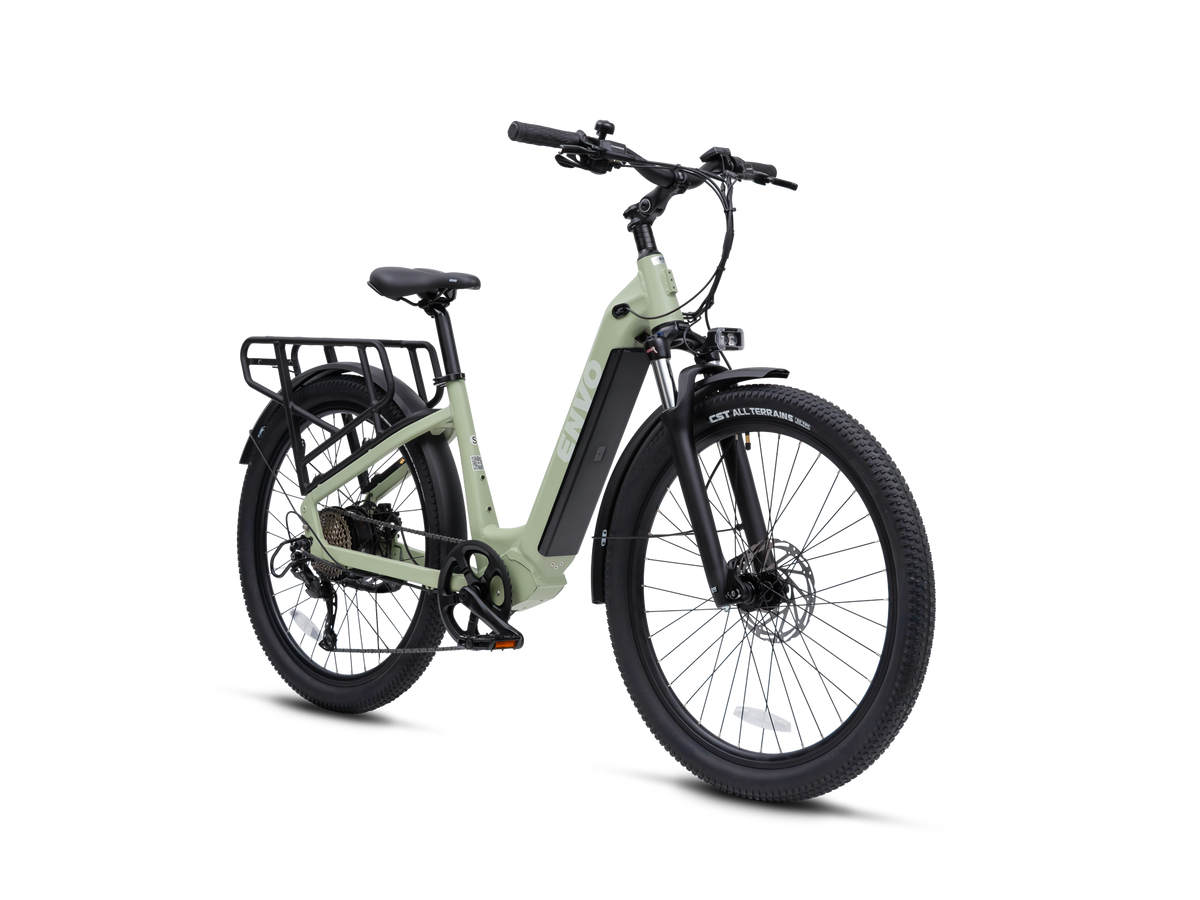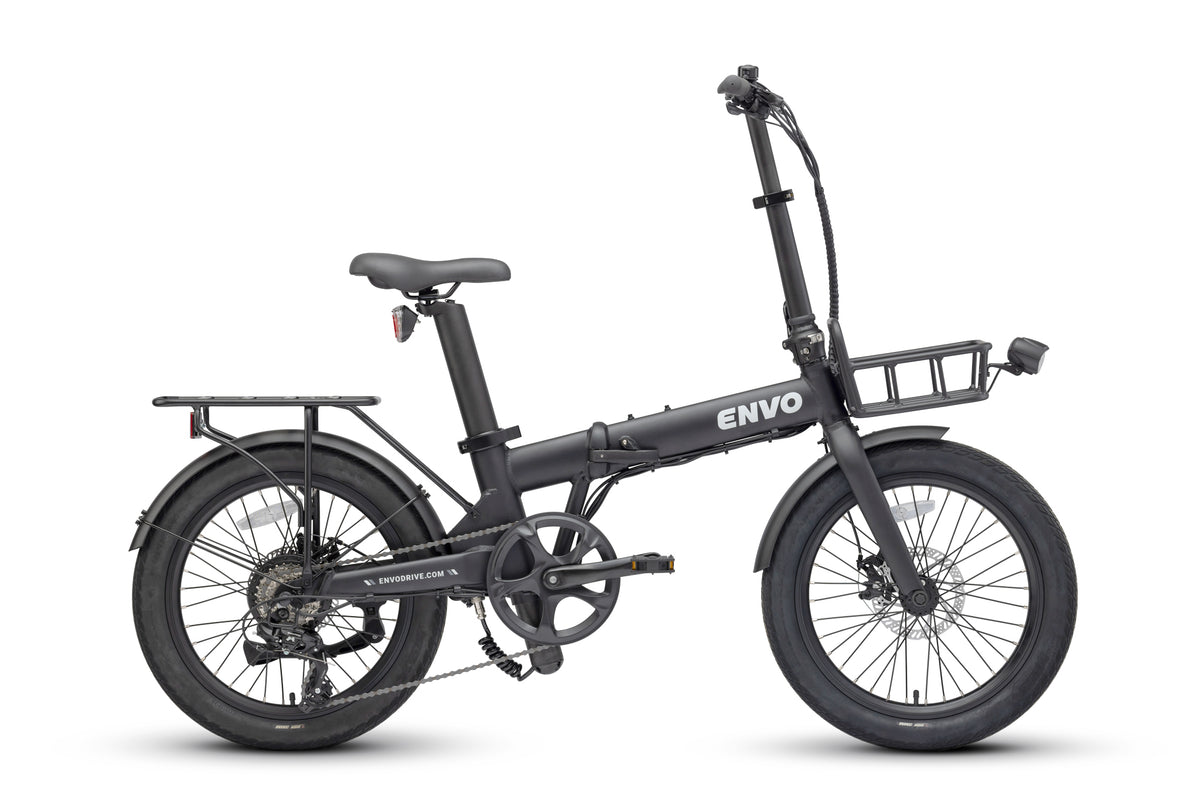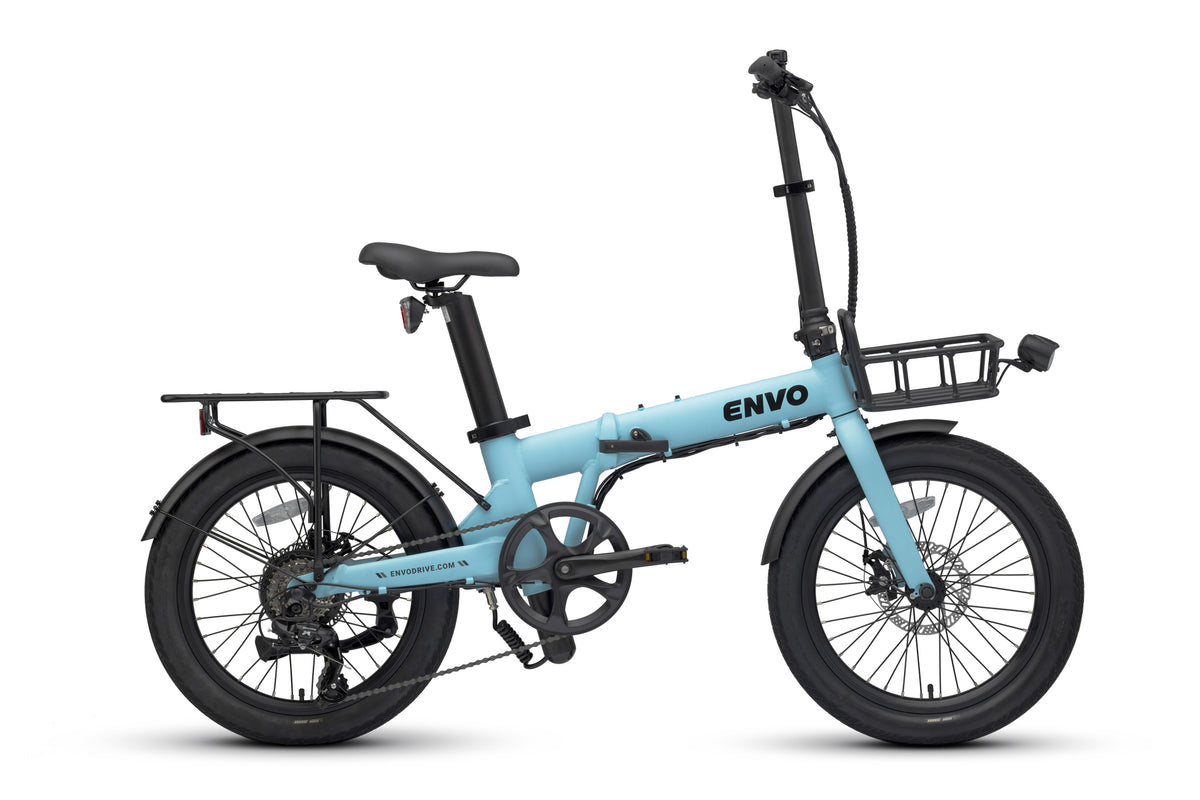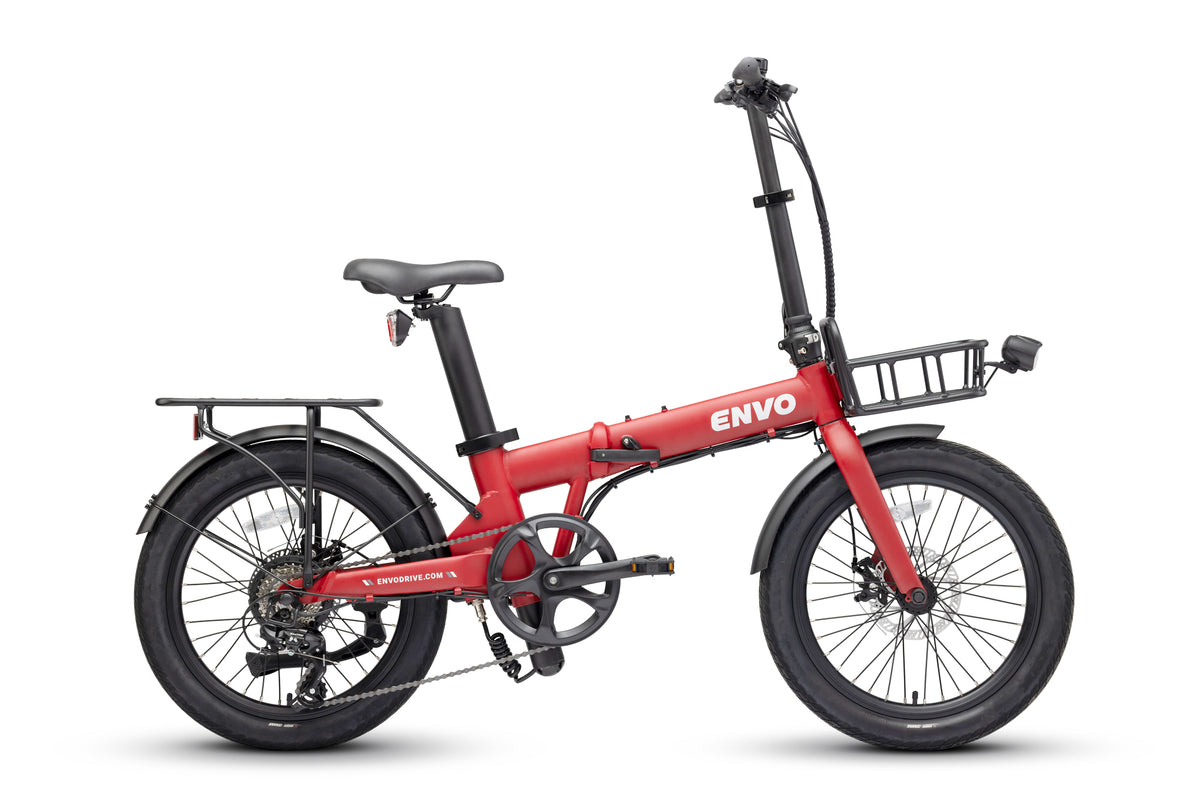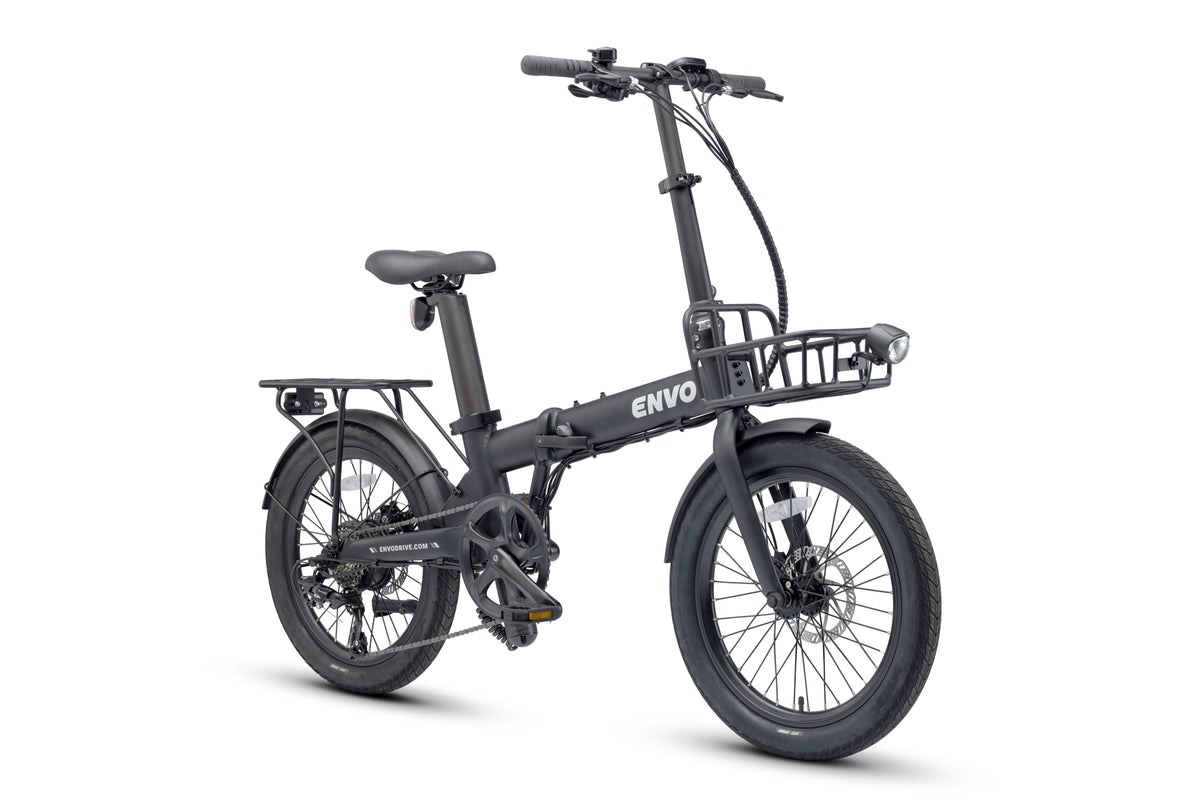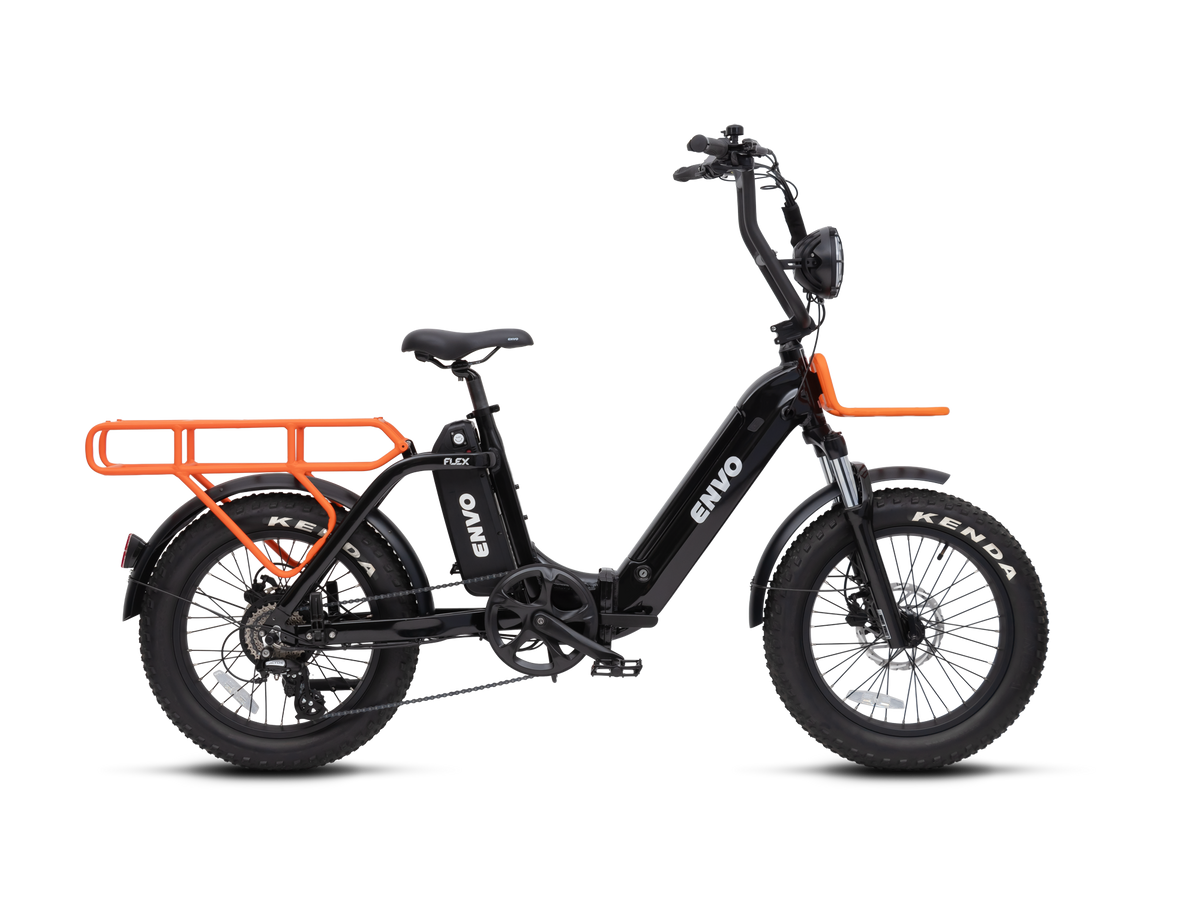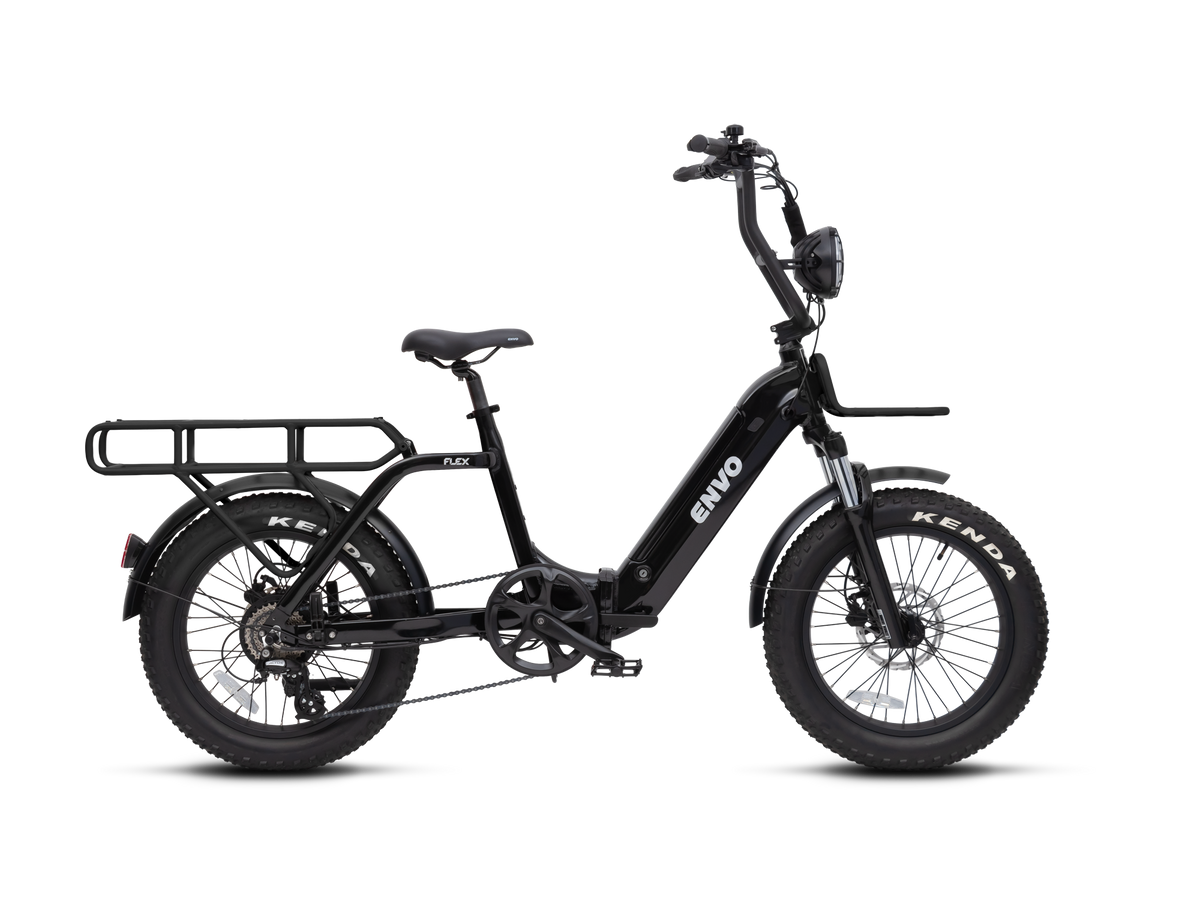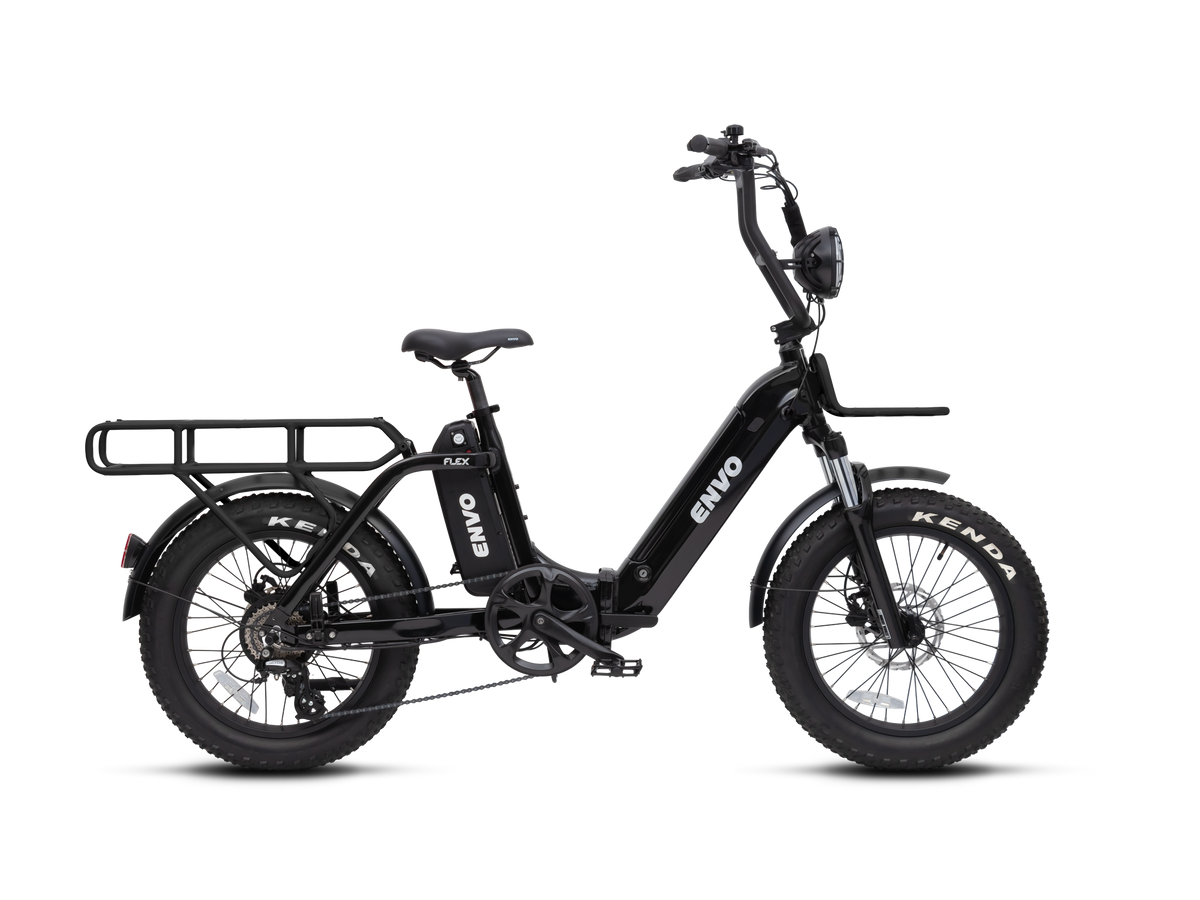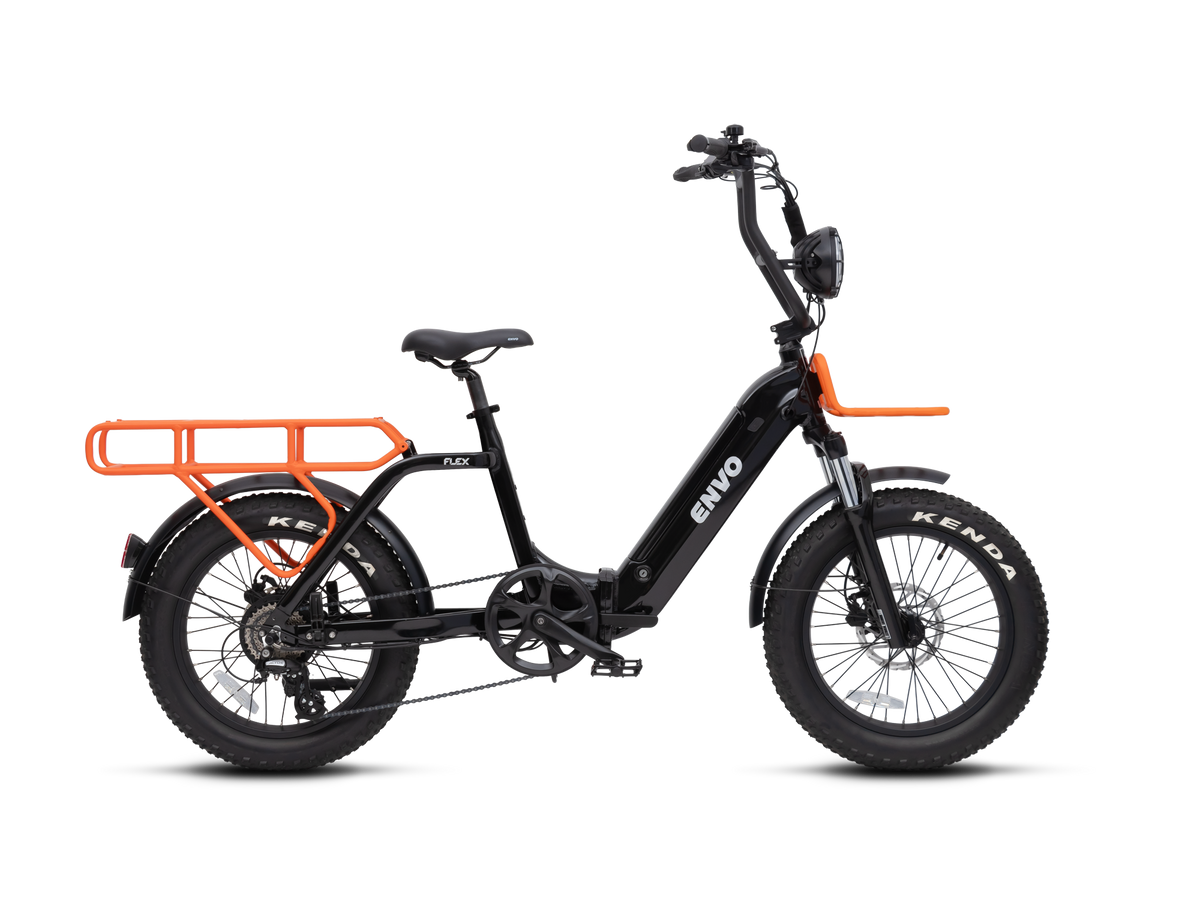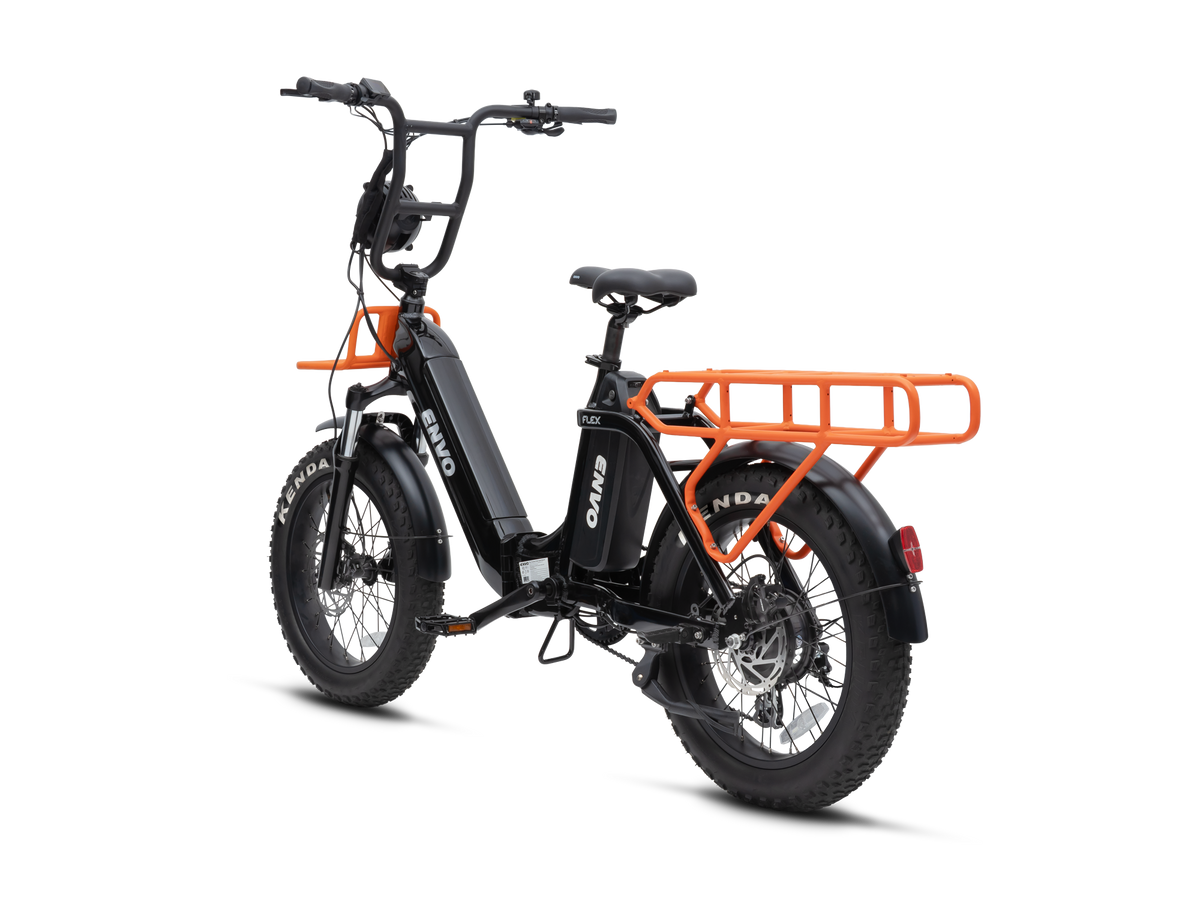While electric mobility and the electric bike industry are still relatively new compared to other transportation sectors of the economy, the buzz around e-bikes has started to gain traction in the last year –and rightfully so. With many people now wishing to purchase their bike, it is essential to understand the basics of metrics to determine the best electric bike to suit you and your needs.
Therefore, to help our readers make an informed opinion before making their purchase, we have put together a blog series that will help our audience to understand, compare and choose their perfect electric bike. Throughout this series, we will compare each of the ten-ish most recognized e-bikes of different categories, based on specified parameters we have created to help you narrow down your search. We have also made the chart, so our readers can quickly compare any e-bike that we have not mentioned in our series.
To start our first blog in the series off, we are going to be defining the parameters to which we will be scoring each of the bikes. Let’s get right into it!

e-Bike Scoring Parameter Definitions
Style & Design
Like any product on the market, style, and design are essential factors to consider before purchasing. Therefore, e-bike purchasers will need to consider whether they are looking for a sleek, modern look or a bike with a more classical and vintage appearance.
Ergonomics
Ergonomics is all about efficiency and comfort for the rider. When it comes to an electric bike, buyers will need to examine the bike's geometric, frame curves, seat, pedal, and handlebar position to ensure that the bike's performance and comfort are not sacrificed in the design elements. Therefore, making sure the bike is easily adjustable to the rider is key to ensuring the bike's overall performance will satisfy the rider's needs. Elements such as suspension fork, saddle, handlebar or type of tire which enhance the comfort and quality of ride would also be considered in this section.
Performance/Torque
Most electric bikes on the market offer maximum street-legal power. For those who are unaware, the speed and power of e-bikes are limited by government regulations that essentially allow individuals to use the electric bikes on the street without a driver's license. Therefore, power will not be included in our scope. We are only focusing on street legal electric bikes rather than non-street ones.
On the other hand, torque at the wheel is just as necessary as power. And in terms of electric bikes, this aspect is not regulated by the government. Motor, controller and transmission design can all affect the maximum torque available at the wheel. This, in turn, allows the electric bike to climb hills with ease. While hub motors are more reliable, they can be quite different in the power density or the amount of torque generated. Mid-drive systems take advantage of bicycle transmission; yet they can provide higher or lower torque at the wheel depending on motor characteristics and gears.
Range & Efficiency
In general, the more battery cells or capacity included will equate to a higher range per single charge. However, this will inevitably make the electric bike heavier. Generally speaking, the e-bike range varies in road condition, rider, weight, tire pressure, wind resistance, level of assistance, speed, pedal-assist power and temperature.
The range between e-bikes can also vary based on design parameters, including battery capacity in Wh or Ah, motor/control power, gross weight, tire width/roughness, battery efficiency, motor/control efficiency, hub bearings, and pedal-assist control system.
Controls & Monitoring
When we speak about controls and monitoring, we refer to parameter settings, monitoring, visualization, and diagnostics offered by the electric bike interface. We are also talking about interface accuracy, data and how user-friendly the bike is to operate. In addition, consider power-on-demand throttle and pedal-assist technology when comparing bikes.
Component Grade
While bikes are similar in their design, they differ in quality, performance, strength and durability. Therefore, buyers must take into consideration the transmission, tires, battery brand and model as well. However, a higher component grade will generally equate to a boost in price; therefore, buyers must also consider their preferences.
Braking Performance
While there are various forms of braking systems utilized for bicycles, electric bikes use what is known as a disk brake for the most part. Disk brakes can either be mechanical or hydraulic and can also be categorized based on the brake's brand and the disk rotor's size. In general, hydraulic brakes with a larger rotor size provide a much more effective braking performance which is critical for comfort and safety. They might be more complicated to repair in comparison to mechanical braking systems though.
Weight
Electric bikes are naturally heavier than other manual bikes on the market. Contrary to popular belief, lighter e-bikes are more desirable as they offer enhanced balance, handling, transportation, storage, efficiency, range and safety should an accident occur.
Serviceability/Spare Parts/ Costs
As the electric bike industry is still relatively new, buyers may still find it challenging to find services or parts dealerships in most areas. Therefore, having an e-bike that you can easily maintain and serviced by you, rather than a mechanic is an advantage that buyers must consider. Therefore, looking for an e-bike that is simple, modular, and easy to self-diagnose on your own with easy to follow manuals and videos is also an advantage and will save you money in the long run. We need to consider availability and cost of the replacement or spare parts.
Access to Service Centres
The level of access to service and repair centers can add or reduce your investment value in the future. When you order from direct to consumer online businesses, there is a high chance that you miss a local service support. Therefore, it is recommended to check if your area has any available repair services for the selected brand close by before making your purchase.
Accessories Available / Included
Accessories for e-bikes can be costly. Therefore, ensure that your e-bike has as many accessories included in the final purchase price is key to avoiding further payments in the future. You must also ensure the bike is universal to accessories, so you are not left with needing to purchase a custom-design one.
Transportability & Storage
When comparing transportability and storage, one must consider the wheel-base, wheel size, and frame foldability, etc. these are vital to hook the bike up on a bike rack, car, bus or mobile home with ease. Ensure these features are matching your lifestyle and application since there could be trade-offs for them.
Transmission Readability
When we speak about transmission readability, that's about mid-drive versus hub motors. Generally speaking, a hub motor is more reliable and is made of a more straightforward system with fewer moving parts. It also preserves the bike's chain drive for pedal power; that means if you have a mechanical or electrical system failure in your electric power system, you can still pedal back home. On the contrary, a broken chain in a chain drive e-assist system means you are stuck. There are engineering measures in hi-end mid-drive systems to minimize chain failure but that does not eliminate it.
Price Range
Lastly, it is essential to note that a higher price does not necessarily translate to a higher quality e-bike. However, keeping the above-noted parameters in mind, readers will be able to make a well-rounded and informed decision when comparing their e-bike choices before making a purchase. You need to ensure you pay the money for value.
Final Thoughts
As you can see, there is much thought that goes into purchasing your first electric bike. However, by using the introduced parameter guide and reading through the rest of our series, readers will be able to make an informed decision before making their purchase. Consider this as an ebike selection guide or toolbox. Once you read through the scoring examples, you will be able to compare your choices even if they are not included in our list. You can also practice your version of scoring based on your very own requirements and priorities.
Check out 12 things to consider when buying an ebike for more insights. Love your bike but wish it were electric? Find out more about conversion kit alternatives.

